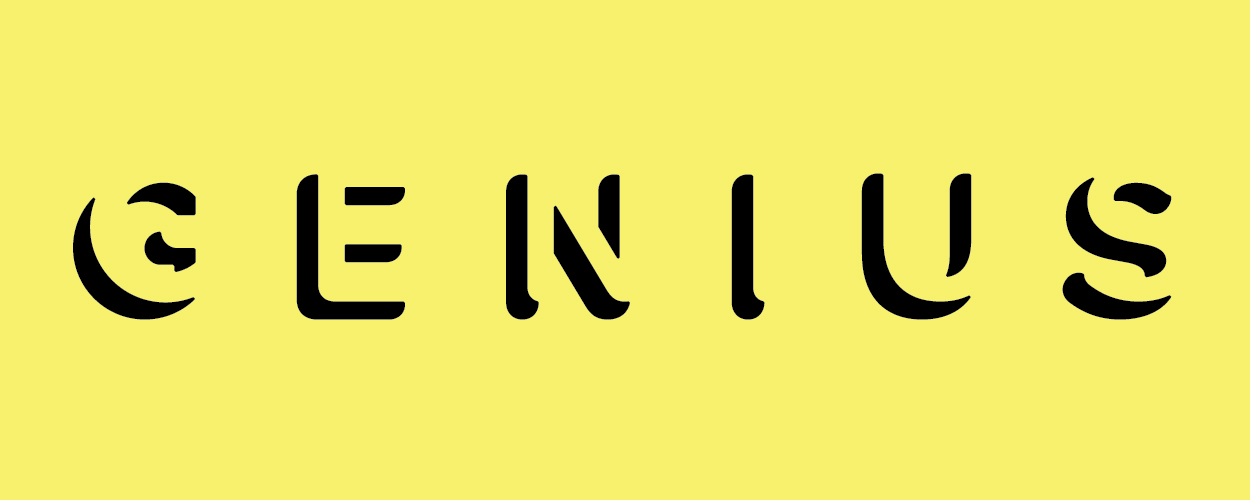This website uses cookies so that we can provide you with the best user experience possible. Cookie information is stored in your browser and performs functions such as recognising you when you return to our website and helping our team to understand which sections of the website you find most interesting and useful.
Business News Digital Labels & Publishers Legal Top Stories
US Supreme Court seeks government input on importance of Genius v Google case
By Chris Cooke | Published on Wednesday 14 December 2022

The US Supreme Court has sought input from the American government’s Department Of Justice regarding the big old bust up between lyrics site Genius and good old Google.
Genius wants the highest court in the US to consider the legal dispute after lower courts sided with Google. Supreme Court judges have now asked the US Solicitor General to communicate the government’s opinion on whether it should review those previous judgements.
It was in late 2019 that Genius first sued Google, claiming that the tech giant was pulling lyrics from its website for use in the information boxes that appear on the Google search engine when you search for a song.
The company said it had caught Google nabbing its lyrics by strategically placing different kinds of apostrophes and spaces within the lyrics it published, and then watching as those specific combinations of apostrophes and spaces popped up on the Google platform.
For its part, Google insisted that all its information box lyrics came from its music industry partners, and in particular lyrics aggregator LyricFind. Though that didn’t explain why the apostrophes and spaces strategically inserted by Genius were popping up in Google information boxes.
However, the actual legal dispute between Genius and Google focused more on some legal technicalities. Genius doesn’t own the copyright in the lyrics that appear on its site, because those rights are owned by the songwriters and/or music publishers that wrote and published each work, with which Google has licensing deals.
So Genius couldn’t sue for copyright infringement. Instead it sued for breach of contract, on the basis that the Genius website had terms of service which forbade the lifting of lyrics off the site for commercial purposes; and that Google or LyricFind were bound by those terms of service whenever they connected to the site; and by copying any Genius compiled lyrics they were in breach of the terms.
In court Google successfully argued that this was actually a copyright case, and US copyright law specifically prevents people from pursuing breach of contract claims when the alleged breach relates to allegations of copyright infringement. Instead the plaintiff is obliged to sue for the infringement.
However, of course, it can only do so if it’s the copyright owner. Which meant the Genius case was dead. The lyrics site then tried to get that initial judgement – regarding the impact of US copyright law on breach of contract disputes – overturned in the Second Circuit Appeals Court. But without success.
Hence why the case has ended up before the US Supreme Court. In a filing back in August, Genius set out its case as follows: “Like countless internet businesses, Genius – an online platform for transcribing and annotating song lyrics – insists that visitors agree to its contractual terms as a condition for availing themselves of the benefit of its services”.
“These terms include the promise not to reproduce the contents of Genius’s platform”, it went on. “Google contractually bound itself to those terms, but, in blatant breach of that contract, Google stole Genius’s labours for its own competing commercial purposes”.
The Second Circuit Appeals Court, it then noted, “held that the Copyright Act preempts Genius’s breach-of-contract claim, under a provision that applies only to claims that are ‘equivalent to … exclusive rights within the general scope of copyright’. [However] at least five circuits disagree with this ruling and only one other circuit agrees”.
To that end, it asked the Supreme Court to answer this question: “Does the Copyright Act’s preemption clause allow a business to invoke traditional state-law contract remedies to enforce a promise not to copy and use its content?”
Responding last month, Google stated: “Section 301 of the Copyright Act preempts common law claims that, inter alia, are ‘equivalent to any of the exclusive rights within the general scope of copyright’”.
“Although Genius does not own copyrights in the lyrics [it publishes]”, Google went on, “it sought to arrogate to itself copyright-equivalent rights by inserting into its ‘terms of service’ language that purports to prohibit any website visitor from ever copying, reproducing or displaying the lyrics on its website”.
“Invoking those terms of service”, it continued, “Genius asserted contract claims against respondents Google and LyricFind for allegedly copying and displaying lyrics from Genius’s website – even though Google and LyricFind hold licences from the actual copyright holders to reproduce and display those same lyrics”.
Therefore, Google said, the real question for the Supreme Court to answer is “whether the Second Circuit correctly held that, based on the particular allegations here, Genius’s contract claims were equivalent to copyright infringement claims and therefore preempted under section 301’s express preemption clause”.
Of course, it’s by no means a given that the Supreme Court will answer either Genius or Google’s question, given the highest court only actually considers a small minority of the cases filed with it. And Google’s real aim is to have the Supreme Court judges decline to consider its Genius dispute, which would result in the Second Circuit’s judgement standing.
However, the Supreme Court seeking input from the US government might suggest that it’s more likely to take the case. Although it’s not that unusual for the court to ask the Solicitor General for her views in relation to possible cases, and whether or not Genius gets its case considered may well depend on how she now responds.





